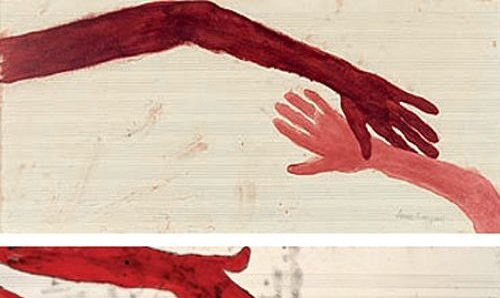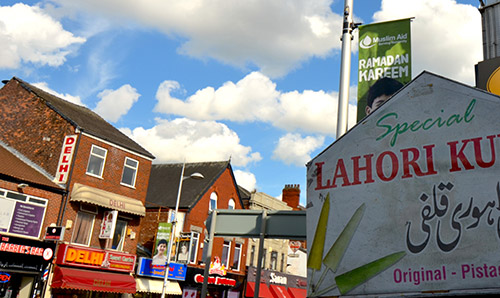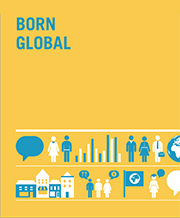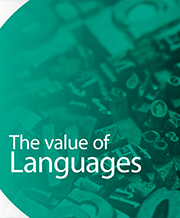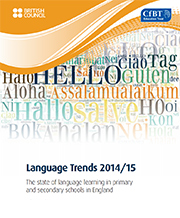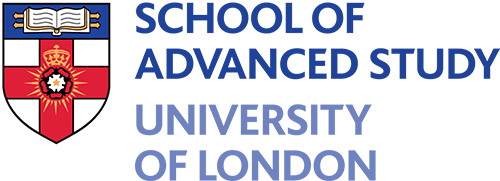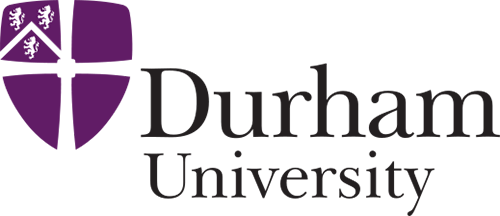About the project
This multi-disciplinary programme aims to develop new Modern Languages research paradigms capable of re-conceptualising the relationship between language and community for the benefit of a more open world.
Aims and objectives
This multi-disciplinary programme aims to develop new Modern Languages research paradigms capable of re-conceptualizing the relationship between language and community for the benefit of a more open world. It identifies 3 intersecting community configurations attributing different roles to language, and attracting distinct methodologies: the multilingual (urban communities whose identity is shaped by language diversity), the transnational (sharing a single language but dispersed across nation states) and the translingual (formed through cultural creativity across language boundaries). In each case, it investigates ties and disjunctions between language and nationhood, and the dynamic of top-down institutional and grassroots networking dimensions of community-building. Tackling these issues across all 3 configurations, each corresponding to a research strand, it aims to recast Modern Languages agendas, reshape adjacent disciplinary priorities, offer insights to policy-makers, and invest the civic university with new purpose.
Our main languages represent some of the world’s largest language communities. They have the capacity to traverse the strands: Arabic, Chinese, German, Russian, and Spanish are at once community languages, the glue binding transnational networks, and a medium through which language communities embrace translingual values. Related cross-cutting patterns characterize a number of international cities which provide nodal points for our three research strands.
Key research questions
The project addresses questions of whether and how the languages we speak define the communities we align with, and how language community boundaries may be made more porous. Key among them are:
- How are communities defined or constrained by language and what can Modern Languages approaches contribute to deepening our understanding of ‘community’ itself?
- What is language’s role in globalization’s reordering of relationships between nationhood and other forms of belonging (religion; kinship groups; communities of practice)?
- How should we understand tensions between ways in which language communities are systematized externally, and revitalized and rendered porous from within?
- How can language open communities by maximizing connectivity, whilst preserving their integrity?
- How can non-linguistic forms foster a sense of community?
The three research strands
Transnational Communities strand
Find out more about the project’s Transnational strand on the Durham University website.
Translingual Communities strand
Find out more about the project’s Translingual strand via the School of Advanced Study blog.
Multilingual Communities strand
Find out more about the project’s Multilingual strand.
Outputs
Outputs include a database capturing urban linguistic landscapes, monographs and edited volumes re-conceiving the language-community relationship, films, a prospectus for future ML research, and publications summarizing the outcomes of cross-strand dialogues and single-strand research. We are commissioning an opera inspired by the aspiration to transcend language difference through music. Outputs co-produced with project partners include reports for city councils and arts organisations; briefings on the politics of transnational language communities; advice packages for translator networks and SMEs operating across language communities. We will produce a report on revitalizing ML curricula by unifying our field around a coherent set of themes and approaches.
Combining significant scale with a focused agenda, our programme will maximize impact and sustainability. Its legacies will be to:
- Transform ML’s profile within the humanities
- Initiate long-term improvements to community relations and intercultural understanding;
- Raise public consciousness about language’s potential within cultural and creative arts communities; and
- Develop ML curricula which overcome the language/content dichotomy and emphasize community-based learning.
Links to organisations
- Arts and Humanities Research Council
- Association for Modern Language Learning
- British Academy
- British Council
- Chartered Institute of Linguists
- Independent Schools’ Modern Languages Association (ISMLA)
- University Council of Modern Languages
- Speak to the Future | The Campaign for Languages
- SCILT (Scotland’s National Centre for Languages)
Publications
These publications will be of interest to UK Modern Linguists:
Born Global report
A British Academy Project on Languages and Employability (PDF).
The Value of Languages
University of Cambridge: Ideas for a UK strategy for languages (PDF).
Language Trends
Annual survey by the British Council: The State of Language Learning in primary and secondary schools in England (PDF).

